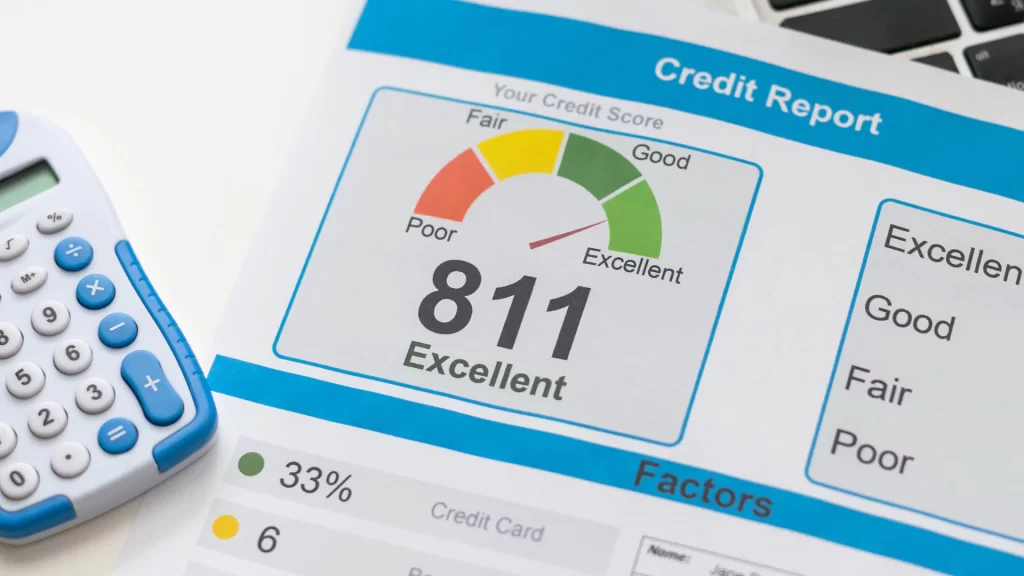How to Maintain Your Credit Score When Living Overseas

Moving to another country is an exciting experience, but it comes with challenges—one of which is managing your financial health, especially your credit score. Your credit score is crucial for obtaining loans, renting properties, and even landing certain jobs. Although your U.S. credit score may not directly transfer overseas, maintaining it while living abroad is essential if you plan to return or manage financial obligations in your home country. Here’s how to keep your credit score in good shape while living overseas.
1. Keep Your U.S. Credit Accounts Active
Even if you move abroad, your U.S. credit accounts remain open and active unless you close them. Maintaining at least one active credit card or account is vital for preserving your credit history. Use your U.S. credit card for online purchases or occasional transactions to ensure it stays active, but always pay off the balance on time to avoid accruing interest or penalties.
2. Pay All Bills on Time
Timely payments are one of the most critical factors affecting your credit score. Late payments can significantly harm your credit, even if you’re overseas. Set up automatic payments for credit cards, student loans, mortgages, or any other recurring bills to ensure you never miss a due date.
3. Monitor Your Credit Report Regularly
Keeping an eye on your credit report is essential to spot errors or unauthorized activity that could harm your score. Free services like AnnualCreditReport.com allow you to check your credit report from the three major credit bureaus (Experian, Equifax, and TransUnion). Monitoring your report regularly is particularly important while living abroad, as resolving discrepancies can take time and effort.
4. Avoid Closing Old Credit Accounts
The length of your credit history is another key factor in your credit score. Closing older accounts can shorten your credit history and potentially lower your score. Even if you no longer use an account frequently, keeping it open can help maintain your credit score.
5. Manage Credit Utilization Wisely
Credit utilization—the percentage of your available credit that you’re using—has a significant impact on your credit score. Aim to keep your utilization below 30%. For example, if your total credit limit is $10,000, try not to carry a balance exceeding $3,000. Paying off balances in full each month is the best way to maintain a low utilization rate.
6. Keep U.S. Address and Contact Information Updated
Many credit card companies and lenders require a U.S. mailing address for correspondence. Consider using a family member’s or trusted friend’s address as your U.S. mailing address. Additionally, ensure your email and phone number are up to date to receive timely notifications about your accounts.
7. Consider Expanding Your Credit Profile Overseas
While your U.S. credit score doesn’t transfer to other countries, some international banks may consider it when offering credit products. Research financial institutions in your new country to see if they accept your U.S. credit history or offer credit-building opportunities in your host country.
8. Beware of Identity Theft
Living overseas may make it harder to detect fraudulent activity on your accounts. Use secure internet connections to access financial accounts and consider signing up for credit monitoring services that alert you to unusual activity.
Maintaining your credit score while living overseas requires planning and consistency. By keeping accounts active, paying bills on time, and monitoring your credit report, you can protect your financial health while enjoying life abroad. A strong credit score ensures you’re prepared for future financial needs, whether in your home country or abroad.
